Dobrinka Tabakova – String Paths
(ECM New Series 2239.CD review by Rob Edgar)
Polish Playwright Sławomir Mrożek, in his 1965 play Tango, asked how can progress be possible if everything is permissible and tradition is dead? Bulgarian/English composer Dobrinka Tabakova in String Paths (her debut release for ECM which is released today) answers this question by constantly referencing the past on one hand, but peppering it with contemporary innovation and neat compositional tricks on the other.
The album’s opener Insight (for string trio) provides a good introduction to the composer’s style, starting with long, morose, modal melodies before morphing into octantonic V-I chords (one of several phrases in the piece where Tabakova deliberately set out to make the trio sound like an accordion), a chorale-like theme and some complex Bulgarian folk sounding rhythms.
Tabakova is fortunate in that she has assembled a group of musicians with whom she works closely and they clearly put the effort into perfecting the intricate tasks she sets them. The first movement of the Concerto for Cello and Strings has an incredibly difficult solo part in the first movement, the cellist (Kristina Blaumane) is required to make some gargantuan leaps up and down the fingerboard set against a backdrop of some intensely contrapuntal strings (courtesy of the Lithuanian Chamber Orchestra) before exploding, in the second movment (appropriately subtitled Longing), into slow, melancholic, resonant chords with an aching solo cello melody and snatches of the theme from the first movement appearing briefly before being consumed by the rich harmony of the orchestra.
The concerto ends with more of that fast paced contrapuntal interaction between Blaumane and the orchestra and there are some further delights to be heard in Frozen River Flows (written for the unusual ensemble of violin, accordion and double bass) and Such Different Paths for string septet, but the real highlight of this album is the Suite in the Old Style. Tabakova said she had in mind a family in the Nineteenth-century sitting making music together when she wrote this piece. This description does not even begin to do it justice however, Tabakova takes us on a journey through the entire history of music with the Medieval isorhythms of the opening through to baroque figurations in the viola (played by Maxim Rysanov and featuring prominantly throughout the piece), a gypsy style theme which gets progressively more grotesque as it goes on (bringing to mind Alfred Schnittke’s Concerto Grosso), a musical cypher spelling Respighi (a composer of special significance to Tabakova) and more of that dense, harmonious chordal work.
Taken as a whole, the album hits the delicate balance between clarity, complexity, tradition and innovation perfectly and is one that reveals itself little by little with each listen.
(ECM New Series 2239.CD review by Rob Edgar)
Polish Playwright Sławomir Mrożek, in his 1965 play Tango, asked how can progress be possible if everything is permissible and tradition is dead? Bulgarian/English composer Dobrinka Tabakova in String Paths (her debut release for ECM which is released today) answers this question by constantly referencing the past on one hand, but peppering it with contemporary innovation and neat compositional tricks on the other.
The album’s opener Insight (for string trio) provides a good introduction to the composer’s style, starting with long, morose, modal melodies before morphing into octantonic V-I chords (one of several phrases in the piece where Tabakova deliberately set out to make the trio sound like an accordion), a chorale-like theme and some complex Bulgarian folk sounding rhythms.
Tabakova is fortunate in that she has assembled a group of musicians with whom she works closely and they clearly put the effort into perfecting the intricate tasks she sets them. The first movement of the Concerto for Cello and Strings has an incredibly difficult solo part in the first movement, the cellist (Kristina Blaumane) is required to make some gargantuan leaps up and down the fingerboard set against a backdrop of some intensely contrapuntal strings (courtesy of the Lithuanian Chamber Orchestra) before exploding, in the second movment (appropriately subtitled Longing), into slow, melancholic, resonant chords with an aching solo cello melody and snatches of the theme from the first movement appearing briefly before being consumed by the rich harmony of the orchestra.
The concerto ends with more of that fast paced contrapuntal interaction between Blaumane and the orchestra and there are some further delights to be heard in Frozen River Flows (written for the unusual ensemble of violin, accordion and double bass) and Such Different Paths for string septet, but the real highlight of this album is the Suite in the Old Style. Tabakova said she had in mind a family in the Nineteenth-century sitting making music together when she wrote this piece. This description does not even begin to do it justice however, Tabakova takes us on a journey through the entire history of music with the Medieval isorhythms of the opening through to baroque figurations in the viola (played by Maxim Rysanov and featuring prominantly throughout the piece), a gypsy style theme which gets progressively more grotesque as it goes on (bringing to mind Alfred Schnittke’s Concerto Grosso), a musical cypher spelling Respighi (a composer of special significance to Tabakova) and more of that dense, harmonious chordal work.
Taken as a whole, the album hits the delicate balance between clarity, complexity, tradition and innovation perfectly and is one that reveals itself little by little with each listen.
Categories: miscellaneous



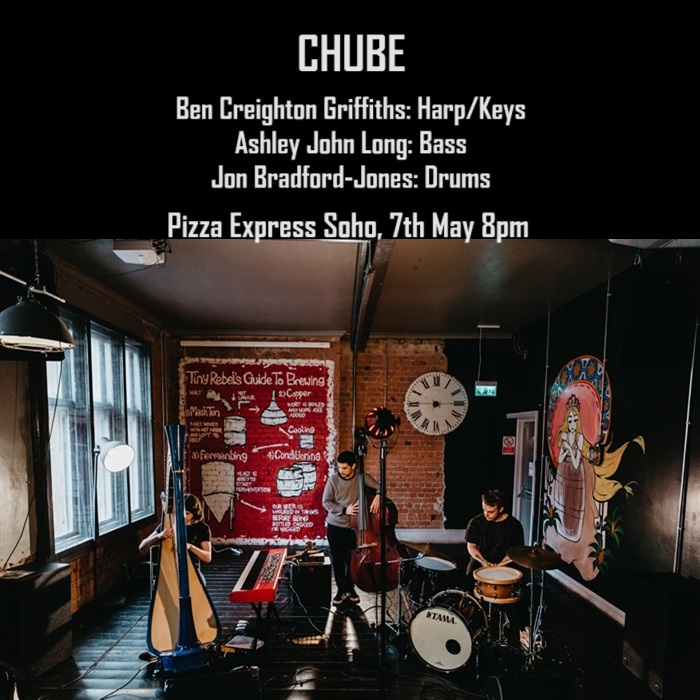


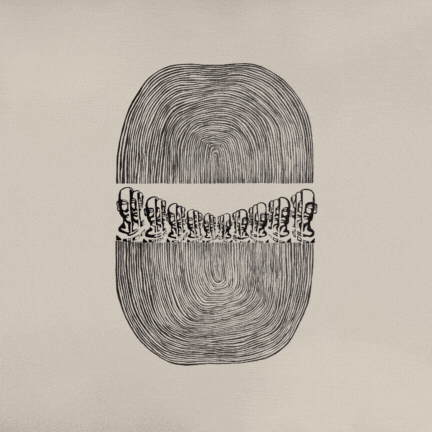

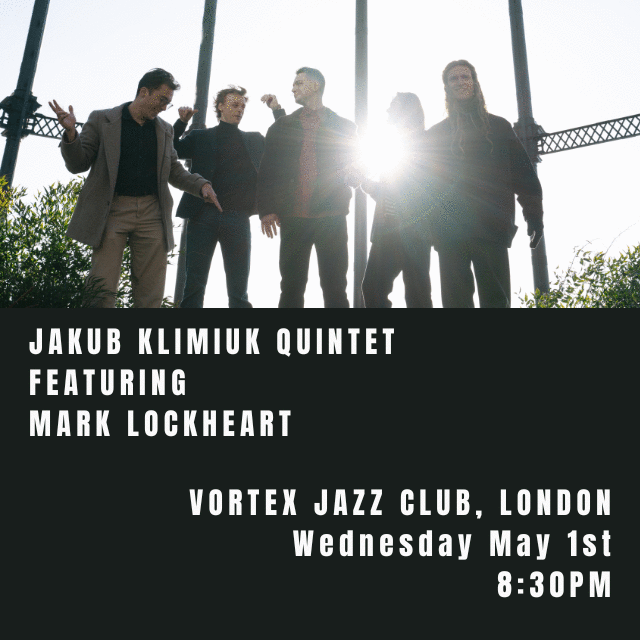
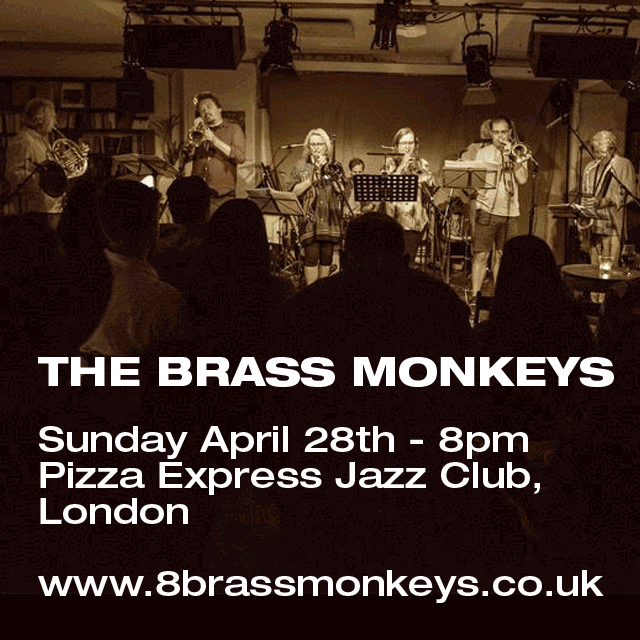
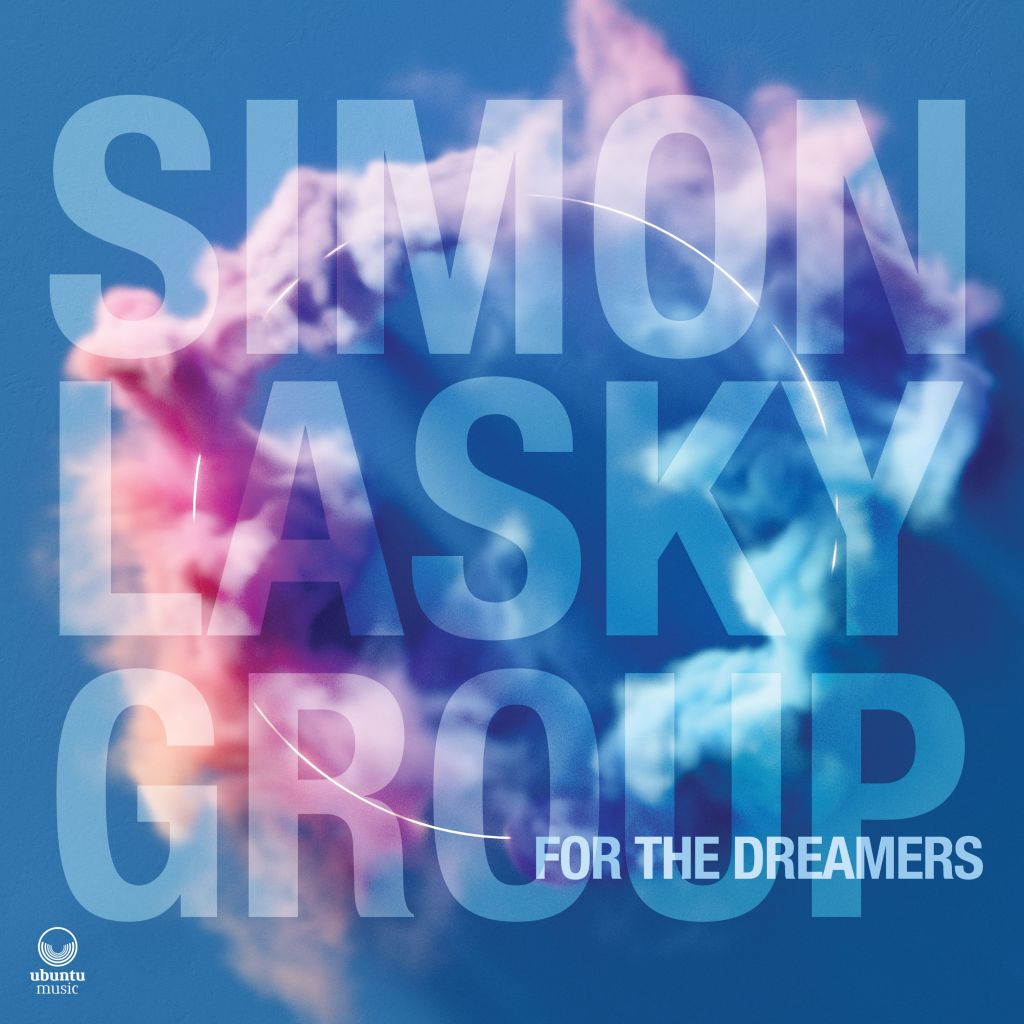
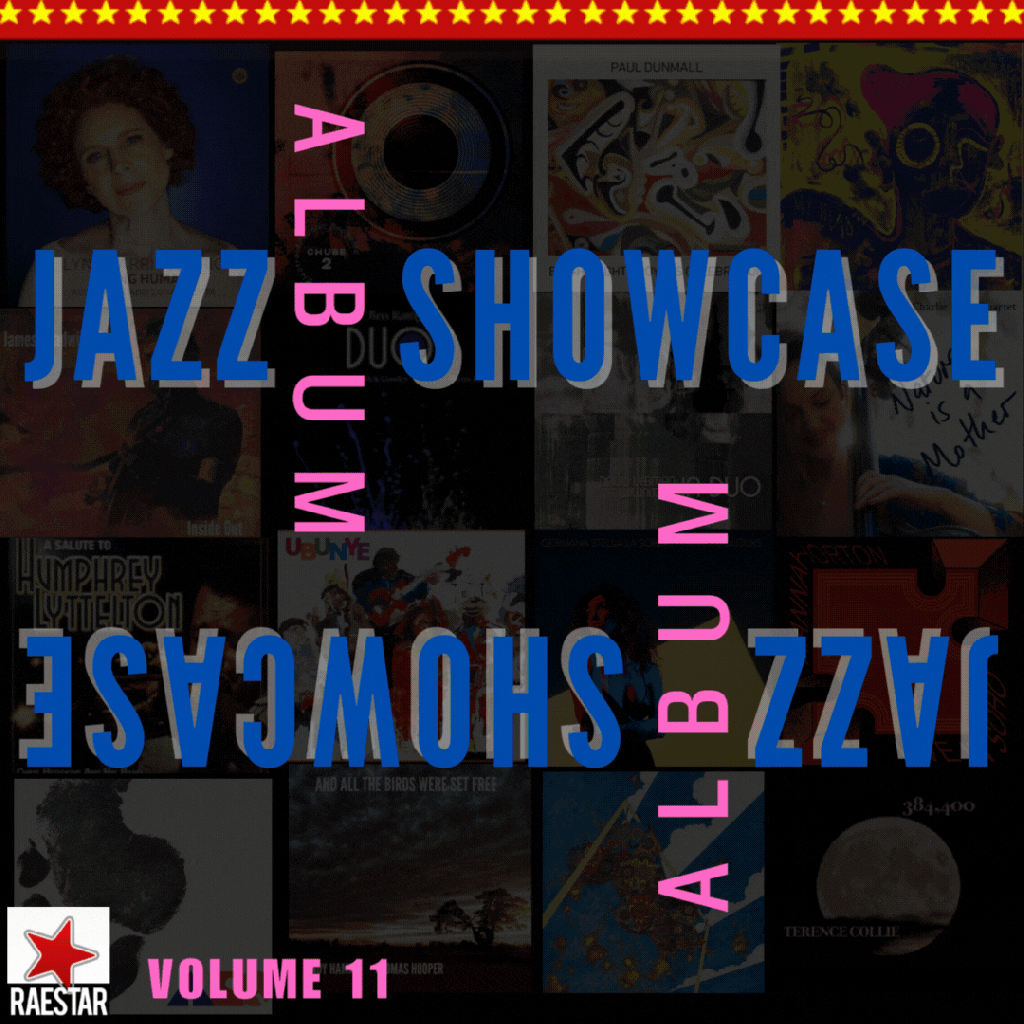

An intriguing review of what sounds like some interesting music. But at the risk of being the “Jazz Police” I do question the reviews place on this blog. I'm all for spreading the net wide but nothing in the review seems to suggest this music has the slightest connection to Jazz (or have I missed something?)
No, you didn't miss anything. We want writers here to talk about the music they really connect with. Rob Edgar- without whom LondonJazz would be working at about 20% of its current pace – has a background is in this kind of music. He has reviewed a John Cage Prom, Vaughan Williams' Pilgrims Progress – plus producing a ton of more 'jazz' focused articles – such as a fabulous recent interview with Kit Downes. This is the first time he has been caught by the jazz police's radar . As far as I'm concerned, he just takes the three points, and carries on driving as normal. Sebastian